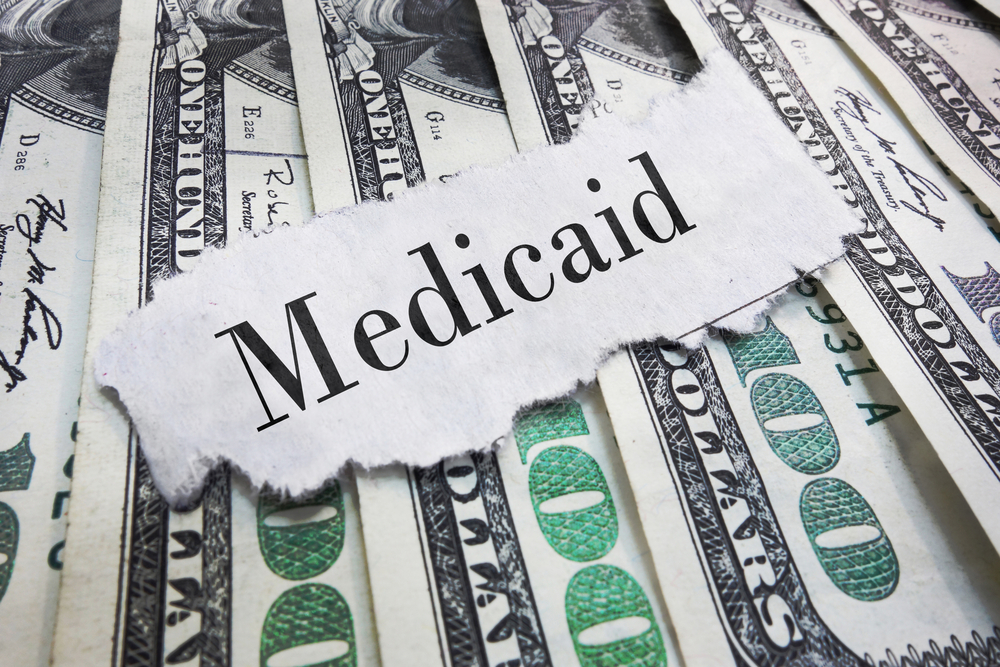1 min read


Federal law requires that state Medicaid programs make Disproportionate Share Hospital (DSH) payments to hospitals that serve a large number of Medicaid and uninsured individuals. DSH payments have been a vital funding source for hospitals that serve the nation’s most vulnerable populations since 1981. Currently, States distribute about $20 billion in DSH payments to hospitals annually.
In 2010, Congress passed the Patient Protection and Affordable Care Act. With the new legislation, and expanded access to health care coverage, Congress enacted the DSH reductions to account for the anticipated reductions in uncompensated care cost. The reductions were set to be spread out over 5 years starting with a $4 billion reduction in year 1 and then an $8 billion reduction for the remaining 4 years.
Since the announcement of the reductions, there have been several pieces of legislation passed to delay the enactment of the reductions. Most recently, the Consolidated Appropriations Act, 2021 delayed the reductions until fiscal year (FY) 2024 and eliminated the first year of the reductions. Without any new legislation, the $8 billion reductions in DSH payments are scheduled to be implemented starting October 1, 2023, and will continue until FY 2027.
This reduction will have a huge impact on hospitals across the country that serve a disproportionate share of Medicaid and uninsured patients each year. With the end of the Public Health Emergency and the beginning of State’s Medicaid redetermination process, it’s important to start preparing for the potential effects of the upcoming DSH payment reductions and Medicaid volume shifts.